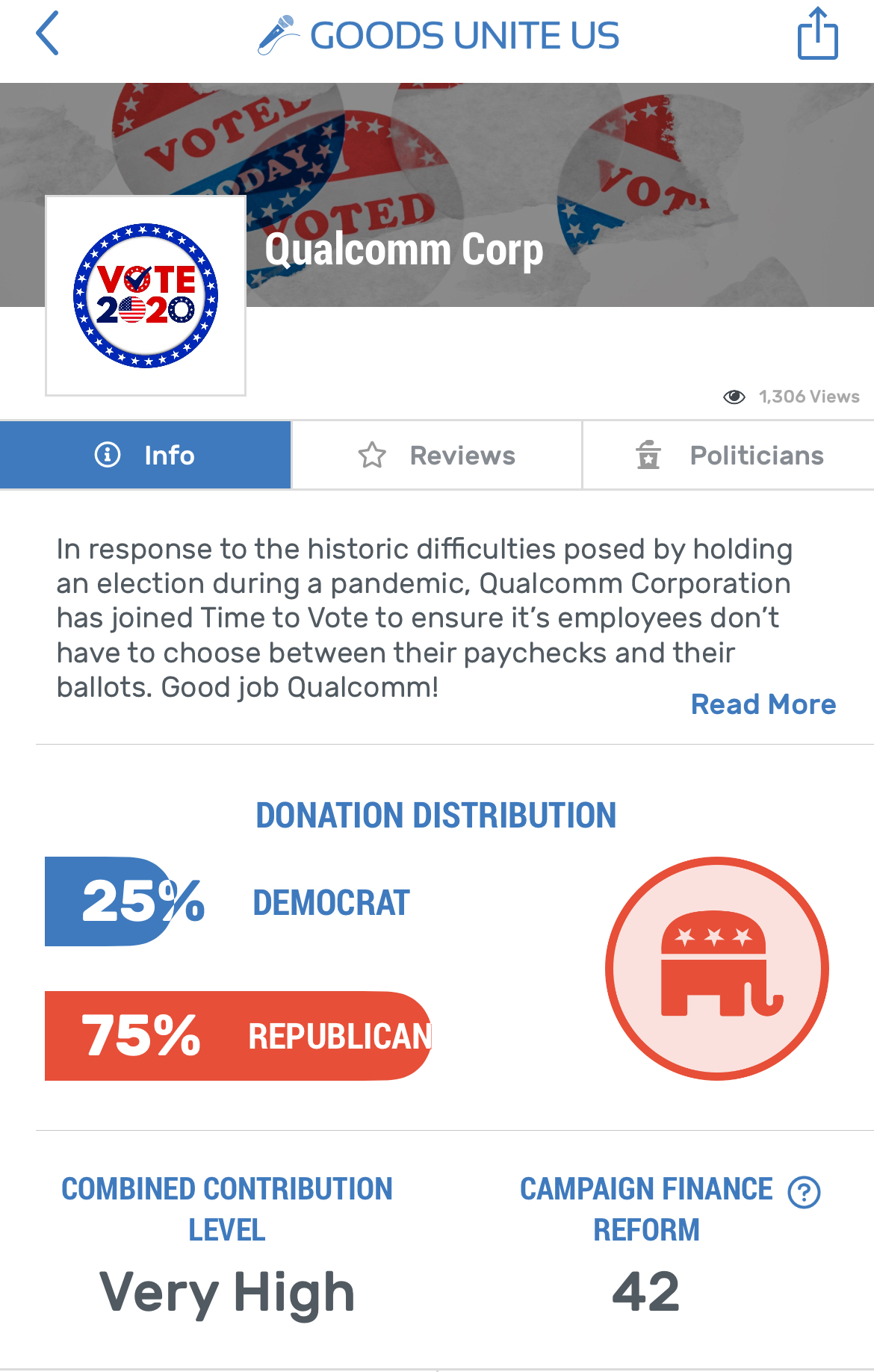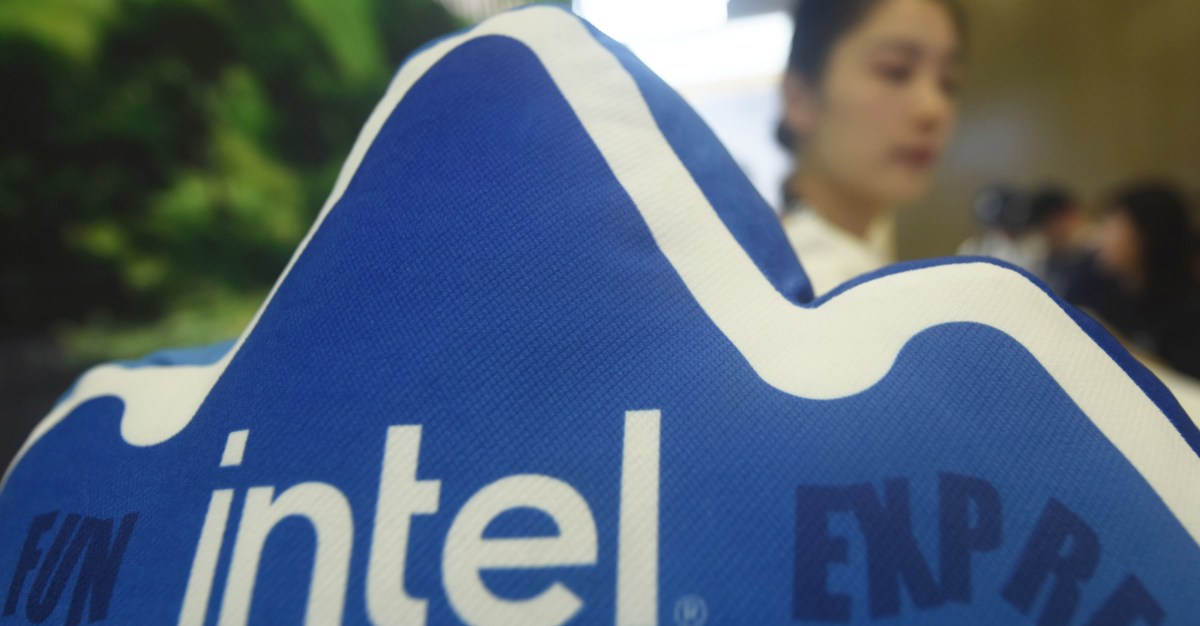The company had always been run by engineers that came up from chip fab. Then they fired both the CEO and the head of fab for sexual harassment.
Then they make the CFO with a MBA the new CEO. A year or two latter and chip design is having problems and fab is falling behind.
The more I see MBAs taking c-suite positions, the quicker the company collapses. Seen it more than six times now in person, and countless in the news.
I wonder how long before they notice.
Wall St destroys yet another company through sheer greed. Film at 11.
The people who make those decisions are insulated from the consequence
Forcing them to take responsibility is the only solution
deleted by creator
Well, when I was learning about economics being 8 or 9 year old, it seemed for me how it should be.
A person or a group knowledgeable in some area find a bottleneck, some problem to solve, start a company, it grows, it becomes big. Then the next generation is what they pick for leadership, and picking people is always worse than the evolutionary mechanism of a company finding some bottleneck to be widened being gunshot faster than the rest. Then they pick their replacement. And so on. Eventually it dies, but since technologies are patented, they do not become actual secrets, only commercial secrets, and by the time a company dies the patents expire, so everybody can replace it for the humanity.
The niche that company discovered thus becomes competitive.
In our world, if patents would expire as fast as they did initially by design, these big companies would already be dead.
But they’ve bent the rules to make patents virtually eternal and thus big zombie companies are strangling the humanity.
The system wasn’t bad, but eventually power changed it.
You are missing economies of scale. In most industries these create a significant barrier to entry. The patent may expire but the equipment is still expensive.
I’m not missing them. One thing is a
significant barrier
and another is legal monopoly.
Especially abominations like patenting an ISA. It’s clear from the very beginning that an ISA is not an invention moving humanity forward, it’s an interface. A language.
As of gigantic companies of today not finding replacement when they die - we would have the whole spectrum if not for IP and patent laws as they exist. For some uses MCs of 80s are sufficient. For some a desktop PC of 1993. For some a desktop PC of 1999.
I dunno why I’m writing these things, Marcus Aurelius has written many wise things, one of them is the advice not to think about things out of your control.
Sounds similar to what happened to Boeing. Once ran by engineers now ran by people suckling the teat of board members. Quality goes down, profits go up for these assholes.
Ah, similar to Boeing’s problems, minus the sexual harassment.
And
assassinationssuicidesSuicide by six headshots
They mistargeted in V.A.T.S.
Intel fell behind on chip manufacturing while the CEO came from that department.
Allegedly because their strategy was too ambitious at the time, or at least that was the official excuse at the time.
So your summary is not entirely fair.
The marketing and advertising and sales teams took over management from the engineering team, and decided to cut all the corners. It’s a classic tale at this point, same thing happened to Boeing and Apple and Google and etc. It’s why everything sucks nowadays.
It’s not just the big tech, some startups are the same because they’re vying for VC cash and that’s the best way to do it
Microsoft is on the same path, yay!
There might be things that Apple is stagnating on, but silicon and ARM CPU transitions definitely ain’t one of those things. The rest of the industry is scrambling to catch up with them asap.
Just ask Apple, they’ll tell you so.
Don’t trust any silicon manufacturer’s marketing department. Let the processing and battery life benchmarks and real world tests do the talking.
AMD’s CPUs are faster and more power efficient on the same process node. (i.e. 5nm vs 5nm)
https://www.cpu-monkey.com/en/compare_cpu-amd_ryzen_ai_9_hx_370-vs-apple_m2
Apple just has a big budget to buy out TSMC process nodes a generation early, their designs and architectures aren’t actually faster or more power efficient than AMD’s x86 cpus.
https://www.macrumors.com/2023/02/22/apple-secures-tsmc-3nm-chips/
Am I blind? I don’t see any information in there to draw any conclusions about power efficiency. The little information that I do see actually seems to imply the apple silicon chip would be more efficient. Help me out please?
24 threads at 2.00 GHz vs. 8 threads at 0.66 GHz with a 40% difference in TDP. The AMD chip may draw more power, but has much higher performance. Simplifying things, it can perform 9x the operations as the Apple silicon for only 1.4x the power draw.
That… is very naive and inaccurate approach. You can’t use frequency and core counts to guesstimate performance even when the chips in question are closely related. They’re utterly useless when it’s two very different chips that don’t even use the same instruction set. But anyway, there are benchmarks in that page and they clearly show that the amd chip is clearly not performing 9x the operations. It is obviously more powerful, though not nearly by that much.
I desperately want something to start competing with apple silicon, believe me, but knowing just how good the apple silicon chips are from first hand experience, forgive me if I am a little bit sceptical about a little writeup that only deals in benchmark results and official specs. I want to read about how it performs in real life scenarios because I also know from experience that benchmark results and official specs alone don’t always give an accurate picture of how the thing performs in real life.
And? Linux was on ARM since about beginning.
These new snapdragon based windows laptops have to be a serious wake up call for intel. General personal computing is quickly moving away from x86 and the latest “efficiency” core processors from intel can’t compete.
For those that don’t follow the industry at all, is there somewhere that has a good write up on what’s been going on?
Better them than accountants and lawyers.
I was including the accountants and lawyers in that list, just to be clear. They’re all bad if they don’t have any idea how the technical side of their business functions.
🌈 shareholders 🌈
Probably bureaucracy. Also an inability to pivot even when things make no sense. Everything is a giant freight train that has very little ability to change direction or stop.
Oh and of course a healthy taste of not being transparent or honest.
Source: I used to work there years ago.
This happens easily for big successful organisations. Over decades a strong culture aligned with how they succeed forms. Once the market changes requiring a culture change, a seemingly invincible company suddenly stumbles. They simply can’t respond even if they what they should change.
Ex. Rolls Royce CEO stated this phenomenon well: culture eats strategy for breakfast.
Just watched a video on the failure of windows phone, they went from 34% market share ( world top 1) to 1.4% in 5 years. Then they recover a little bit to 3%, just to drop to 0.4% 5 year later and then completely dead 2 years after.
Never at any point in time did the Windows phone reach 34% market share or anywhere near #1. I’m not even sure Windows phone had a bigger share than BlackBerry at the time.
Their peak market share was 3.4%, not 34%. It failed because virtually nobody bought them.
It was 34% in 2006, Window phone 6 is still “windows phone”. It was BEFORE the iPhone. Windows phone doesn’t mean just the Lumia.
That’s not “Windows phone” that’s “Windows mobile”, the precursor to Windows Phone, which didn’t release until 2010.
Shifting to Windows Mobile now, in 2006, Windows Mobile 6 had only about 10% market share, behind both Palm OS and Symbian, the latter of which held a whopping 60%. I looked further back in time and I do see that Windows Mobile had a 34% market share in 2001, however it was again dwarfed by PalmOS. It’s also worth it to note that that 34% wasn’t comprised mainly of cellphones, but rather barcode scanning guns in warehouses and logistics, because you could make custom applications for them with relative ease. There are still warehouses today that use those old windows mobile scanner guns.
Can’t remember the full details of the deal, but I seem to recall a story about how Apple approached Intel to manufacture a low-powered processor for mobile (for the first iPhone). At the time, Intel didn’t see money in mobile processors and passed on the deal. Additionally, for years, Apple asked for more powerful chips for the MacBooks. At the time, the iPads were surpassing MacBooks in speed on some tasks. Finally, Apple decided that since they were already designing their own silicon for iPhones and iPads, they might as well just do the same for the MacBooks as well since Intel couldn’t keep up.
Again, this is largely from memory. I can’t remember the source, so take it with a grain of salt.
Intel was once a Silicon Valley leader.
Well, any specific stuff that Intel has done recently aside, Silicon Valley has been more about software, not hardware, for quite some years.
Intel is a hardware company.
Bean counting?
Yeah they had an accountant for a CEO that didn’t understand R&D, so they fell behind.
Large amounts of greed, corruption, and complacency.
Poor practices. They focused on shorr term gains over quality.
Their solution? Lay off a bunch of people to reduce costs and increase profitability immediately.
Comfort zone and believed in Microsoft’s talk that the market of the future would be desktops, but Apple came and said: Not today
Apple killed Blackberry and Intel
You’re next republican-lead Qualcomm

I think they’ll recover. Letting them fail would be a national security problem.
Oh they won’t die. The question is will they recover to their old market position, will they downsize and be second fiddle to AMD but remain generally profitable, or will they have a slow managed decline like IBM?
I’ve only watched this from a great distance but what I saw was: Intel didn’t actually manufacture the chips. That was all TSMC. So Intel’s main thing was chip design. And their designs were all about making the transistors smaller. Around 3nm they started running into physical limits. Competitors started out-innovating them with things like GPU deigns and ARM based chips. End of story. They had their time. They ran x86 into the ground and they are fucking done. They would have had to do 5 or 6 things differently to stay on top, and they did none of those.
Intel didn’t actually manufacture the chips.
The chips with the oxidisation issue were manufactured by Intel at their Arizona fab plant.
They always had their own fabs. Utilising TSMC for their GPU’s was a recent thing. For all the mistakes they have done, their GPU efforts are actually noteworthy but you don’t even have to compare them to ARM or other GPU manufacturers, just look at AMD, they’ve been killing it.













